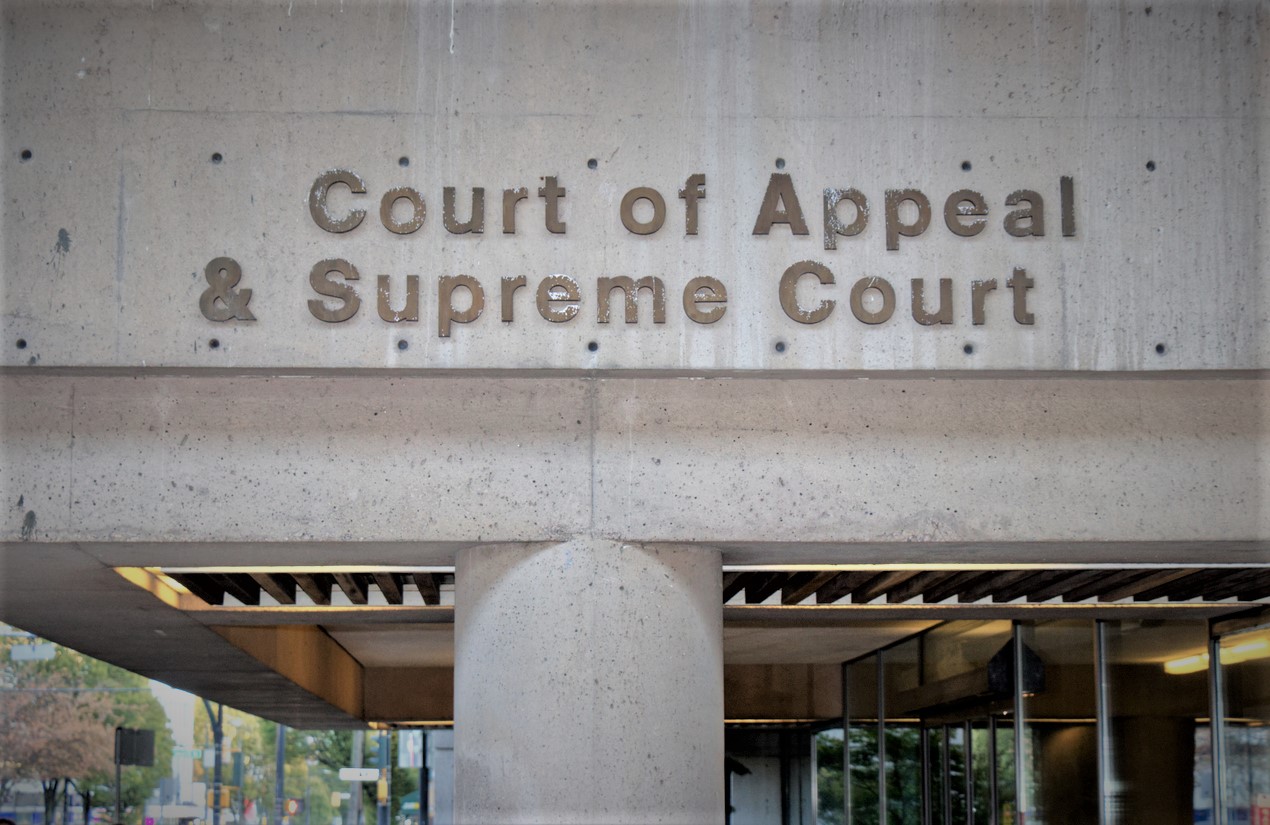If you’ve been found guilty and lost on appeal, you may feel hopeless. It may feel like you have run out of options. But you haven’t. Even after losing an appeal, people convicted of crimes have options to get a new trial. In fact, in some cases, they can even get their convictions overturned and get released.
What does the appeal process look like?
If a jury or judge convicts you of a crime, you start planning for what’s next immediately. To begin, you might file a post-conviction motion. If the court denies that motion, you then might file an appeal. In state courts, you appeal to the state’s appellate court. This could be a court of appeals or a supreme court depending on where you live. In federal courts, however, you appeal to a federal circuit court.
After your initial appeal, you might be able to appeal again. Sometimes, state courts let you appeal to a higher-level appeals court as a matter of right. This means you don’t need permission to do so. Other states and federal courts make you ask for permission. This can be called “leave to appeal,” “certiorari” or something else.
For many cases, you can only make arguments based on things that came up in the trial court. This means you can’t present new evidence to the appeals court. It also means you can’t raise new legal arguments that you didn’t raise before.

What comes after an appeal?
Although it may feel like you’re out of options after losing an appeal, that isn’t always the case. Under federal law, you can also file a petition for a writ of habeas corpus. You file these petitions in federal court, even for state-court convictions. When you file this petition, you argue that your incarceration is unconstitutional.
Often, these petitions raise arguments for the first time. For example, you may have already argued that the police created an unlawful photo lineup in state court. If so, a federal court may reject that argument in a habeas petition.
Many habeas petitions raise “ineffective assistance of counsel” arguments. This means that you argue that your defense attorney in your criminal case made significant errors. Maybe they failed to challenge the constitutionality of a search. Or maybe they failed to object to inadmissible evidence. If these failures resulted in a wrongful conviction, a judge may grant habeas relief.
Many state constitutions have habeas corpus procedures, too. States may have other post-conviction procedures as well. One of the most common legal filings after a conviction involves newly discovered evidence. For instance, maybe there has been a scientific breakthrough that creates a new DNA test that proves your innocence. Or maybe a new eyewitness has come forward who can testify that you were somewhere else at the time of the crime. This kind of new evidence can result in a new trial and, sometimes, even an acquittal.
The Takeaway:
If you’ve been found guilty and lost on appeal, you may feel like you have run out of options. But you haven’t. In fact, even after losing an appeal, you can get a new trial or, sometimes, even an acquittal.






